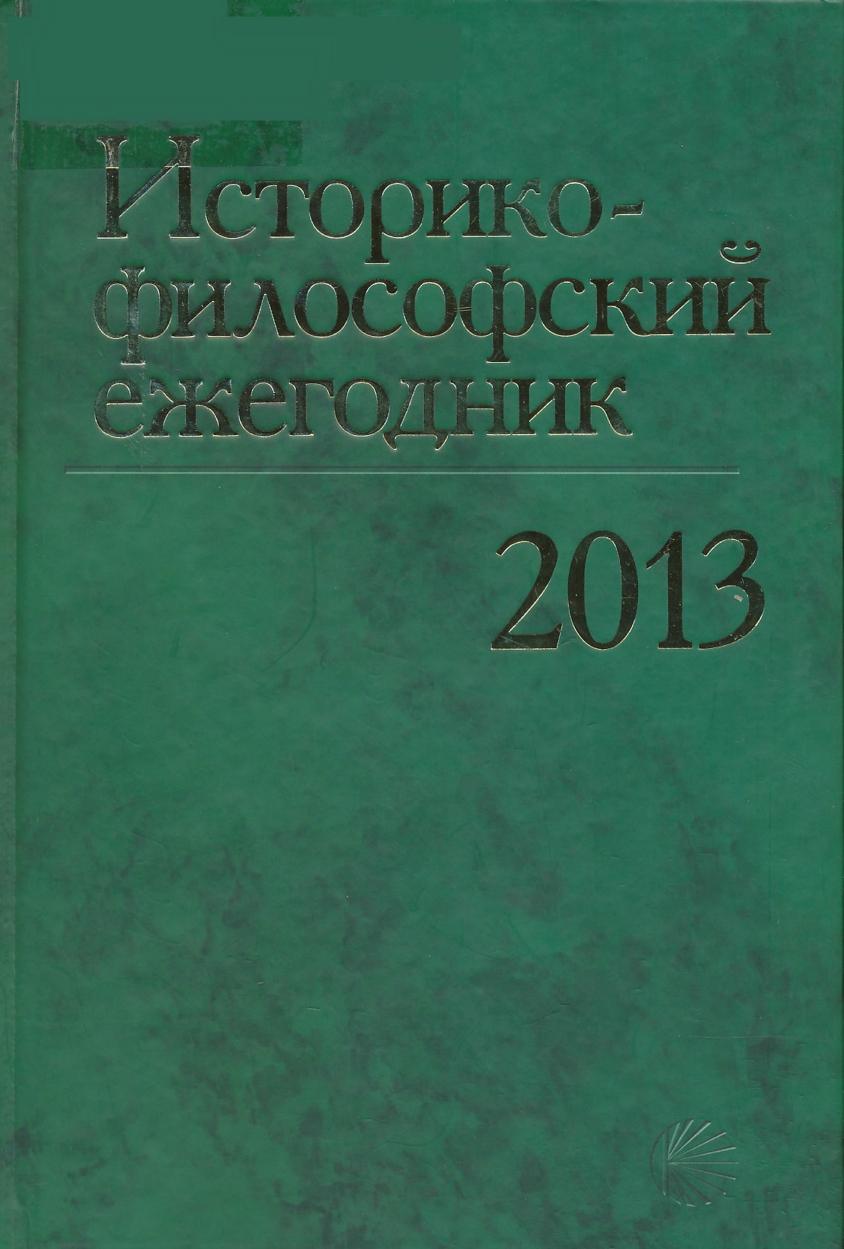Why T. Bradwardine’s Liar is Lying?
Keywords:
Liar paradox, logical semantics, theory ofsupposition, dictism, Thomas BradwardineAbstract
T. Bradwardine’s treatise “On Logical Paradoxes” (On Insolubles) presents one of the most famous treatises of the insolubilia genre in the medieval logic. In the treatise various kinds of logical paradoxes are discussed, including the celebrated Liar Paradox, which enjoys the central role of the treatise. Bradwardine carefully analyses contemporary to him approaches to the Liar and rejects them on the basis of his own conception of “semantic pluralism” which lies in the classical vein of logical semantics. Bradwardine’s semantic pluralism makes an efficient use of other widely known medieval logic theories — suppositiones, a kind of semantic typology for propositions, and consequentiae, a scholastic version of logical inference theory, and does so in a way distinct from his contemporaries’, W. Ockham’s and W.Burley’s, as well as from classical A. Tarski’s conception. In Bradwardine’s semantic approach truth values of propositions are taken in a recursive way with the help of establishing inference relations between paradoxical sentences and the propositions that they are meant to signify. The translation is intended to those interestedi in the history of philosophy and logic.

